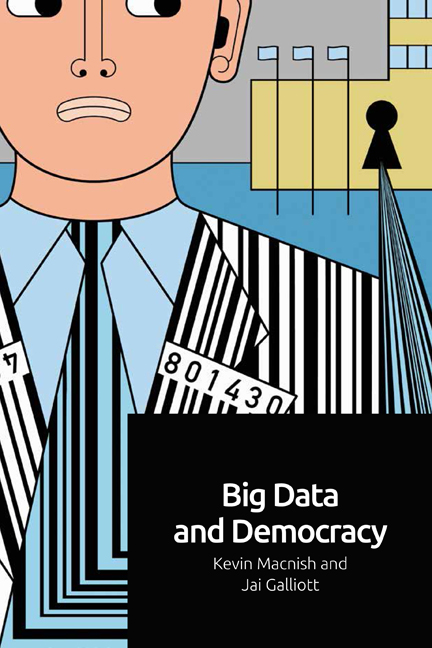Eleven - Opacity, Big Data, Artificial Intelligence and Machine Learning in Democratic Processes
Published online by Cambridge University Press: 17 October 2020
Summary
The first decades of the twenty-first century saw an initial hubris regarding the prowess of computational methods such as big data, artificial intelligence and, more recently, machine learning . However, the opacity related to these computational methods – the inability to access, examine or even identify relevant aspects of their inner workings – is consequently at the front and centre of recent concerns. Understanding the different kinds of opacity and the ways in which they are present in these computational methods is a fundamental step towards understanding the challenges they present to democratic processes in general.
The general argument of this chapter is the following: epistemic opacity, and particularly its distinct forms, must be taken into account in order to accurately assess the profound challenges that computational analytic methods such as big data, artificial intelligence and machine learning pose to democratic processes. This is because it is important to understand that a significant aspect of the novel challenges brought about by these computational methods is of an epistemic nature. That is, knowing participants of democratic processes are being left behind as technologies used in the various facets of democratic processes continue to grow in complexity and size beyond what is humanly tractable. If we take a free and knowing agent as a fundamental player in the dynamics of democratic processes, the opacity of computational methods such as big data, machine learning and artificial intelligence are in fact a significant challenge to democratic processes as a whole.
Democratic Processes
A democratic process can be many things. It can be a parliamentary or congressional legislative procedure within a democratic country. It can also be the act of voting for members of such institutions by individual citizens. In between these two types of democratic process there are several other interactions that also count towards or against the aims of democratic processes. For example, the dissemination of information through electoral campaigns that are now often mediated through diverse computational methods and general digital infrastructures that – as I will show below – due to their complexity and scale push an informed citizenry further and further away from a thorough understanding of the core mechanisms by which these processes function.
- Type
- Chapter
- Information
- Big Data and Democracy , pp. 167 - 181Publisher: Edinburgh University PressPrint publication year: 2020



